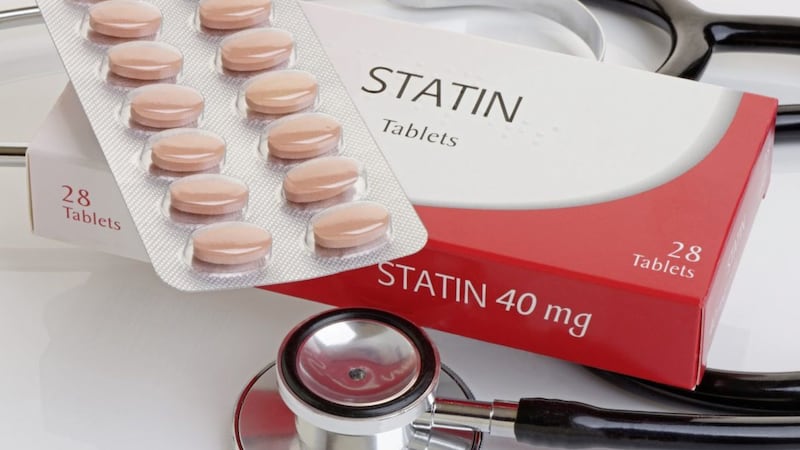A "SIGNIFICANT" proportion of patients being put on cholesterol-lowering drugs are deemed to be at low risk of having a heart attack or stroke, a new study suggests.
Researchers found there could be "significant over-treatment" of statin therapy among patients who have less than a 10 per cent chance of developing cardiovascular disease (CVD) within 10 years.
The study, published in the British Journal of General Practice, tracked statin prescribing over a period of time.
Researchers from the University of Birmingham looked at data from 1.4 million patients aged over 40 across 248 GP practices across England and Wales between 2000 and 2015. Over this time period, 217,860 patients started statin treatment.
Among all patients, 151,788 were recorded as having undergone the recommended risk assessment for CVD. The risk assessment tool – which predicts a person's risk of CVD within 10 years – was introduced in 2012 and is recommended by the National Institute for Health and Care Excellence (Nice).
The health body recommends that patients with a 10 per cent or higher chance of developing CVD should be offered statins. But, contrary to Nice guidance, the researchers found a significant proportion of people who started treatment were deemed to have a low risk of CVD.
Among patients started on a statin after 2012 when the risk tool was introduced, only 27.1 per cent had a documented risk score recorded. One in six patients who had the risk assessment and went on to start statin therapy were in the low-risk category, the researchers found.
"One in six statin initiations were to low-risk patients indicating significant over-treatment," they said.
The authors also found potential "under-treatment" among those deemed to be at high risk.
Commenting on the study, Professor Helen Stokes-Lampard, chairman of the Royal College of GPs, said: "Patients should be reassured that GPs are highly trained to prescribe statins and base their decisions on the circumstances of the individual patient sitting in front of them, including physical, physiological and social factors that might be affecting their health."








